139
These diagnoses of the gynecologist can not be trusted! About how I got caught in a private clinic...
Good for you. health-care Sometimes they are willing to give a lot of money to get rid of health problems. So I decided not to sit in the queues of the city hospital, but to go to a qualified specialist in a paid office. And here it began.
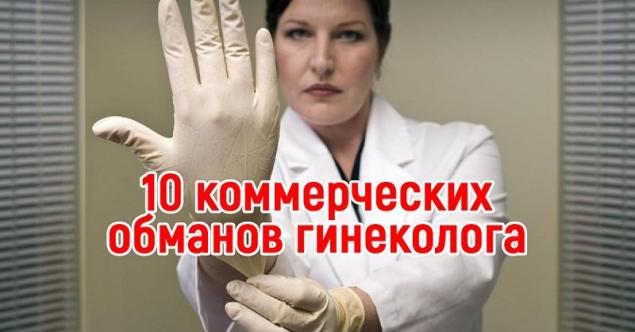
An experienced doctor at the first examination decided that it was time for me to pass almost half of all possible tests. And of course, he did not hesitate with treatment: while the tests were being prepared, it was necessary to undergo a small course of recovery with the help of expensive immunostimulants.
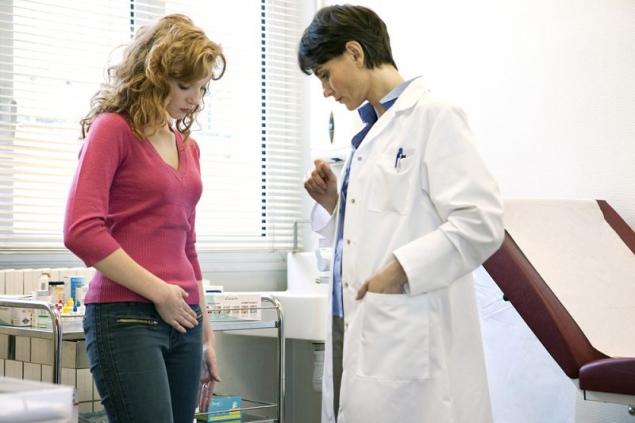
When the test results were ready, the doctor scared me to death with a serious illness and prescribed a lot of expensive drugs. After a terrifying course of antibiotics and all sorts of vitamins, my condition never improved, and my wallet was empty.

Needless to say, the terrible diagnosis of a private clinic was not confirmed when retesting in a medical laboratory. Soon I found a good doctor in a public hospital who helped me get rid of my health problems. I spent a symbolic amount of money.
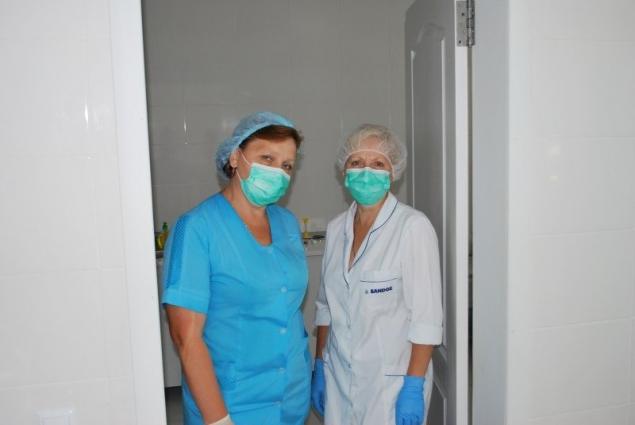
Such situations occur not only in private offices, so all women should be on guard after hearing these false diagnoses.
Diagnosis of a gynecologist
This article does not call for refusal of medical care, it only serves as a reminder that it is necessary to critically evaluate the treatment prescribed by a specialist. Women's health to you!

An experienced doctor at the first examination decided that it was time for me to pass almost half of all possible tests. And of course, he did not hesitate with treatment: while the tests were being prepared, it was necessary to undergo a small course of recovery with the help of expensive immunostimulants.

When the test results were ready, the doctor scared me to death with a serious illness and prescribed a lot of expensive drugs. After a terrifying course of antibiotics and all sorts of vitamins, my condition never improved, and my wallet was empty.

Needless to say, the terrible diagnosis of a private clinic was not confirmed when retesting in a medical laboratory. Soon I found a good doctor in a public hospital who helped me get rid of my health problems. I spent a symbolic amount of money.

Such situations occur not only in private offices, so all women should be on guard after hearing these false diagnoses.
Diagnosis of a gynecologist
- Selection of contraception through numerous tests
It is worth suspecting something wrong when a gynecologist, choosing an individual method of contraception, prescribes numerous tests for hormones. If a woman is generally healthy, only a usual gynecological examination, ultrasound and the exclusion of contraindications will be enough. Hormonal tests will not help indicate which type of contraception is best for a particular woman.
- Urgent recommendations for treatment of ureaplasmosis and mycoplasmosis
Ureaplasmas and mycoplasmas are the smallest bacteria, the main places of residence of which are the mucous membranes of the genital organs and urinary tract. They can also occur in perfectly healthy people without causing any unpleasant symptoms. They should be treated only if at least one of the partners has clinical symptoms of the disease (often it is painful urination).
- Detection of the HPV virus and intimidation of cancer development
Did the doctor convince you to take expensive tests for hidden infections? Have you been diagnosed with high-risk HPV? Don't panic! There's nothing wrong with this find. The main thing is not to go to the doctor and not agree to aggressive treatment. After all, the likelihood that a woman will develop cervical cancer is very low. No drugs can suppress HPV, only the human immune system can do this.
- Detection of cervical erosion and insisting on cauterization
Cervical erosion A favorite disease that many gynecologists like to scare women. But not all ladies understand that this condition is completely safe and it is necessary to treat it in two cases: if after sexual intercourse a woman has spotting, and also in the case of abundant discharge without odor. Often, erosion heals on its own, without medical treatment.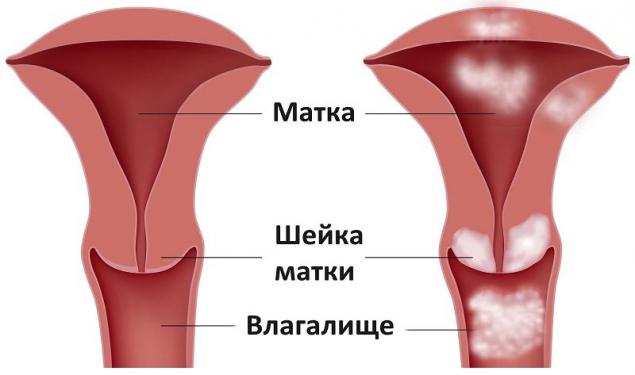
- Questionable diagnosis - Gardnerella
First of all, it should be noted that there is no such disease as Gardnerellosis. There is bacterial vaginosis, in which the number of not only conditionally pathogenic Gardnerella increases, but also other microorganisms. Gardnerella can be present in the human body without causing any disease. To diagnose bacterial vaginosis, the doctor must consider the criteria of Amsel and Nugent.
- The doctor identifies in the smear mushrooms of the genus Candida and diagnoses thrush
The presence of candida mushrooms on the mucous genital organs is a normal phenomenon. Therefore, their detection is not a reason for a diagnosis - thrush. The main symptoms of this disease are as follows: cheesey discharge, constant itching, which increases during sexual intercourse or showering, rashes on the mucous membranes of the genital organs.
Women who suffer from frequent relapses of thrush should undergo an additional examination to exclude a number of endocrine diseases.
- Doctor insists on removing small endometrial cysts
Not all cysts need to be removed surgically. Neoplasms that do not exceed 2 centimeters need only systematic observation. In the presence of small cysts, successful pregnancy is also possible.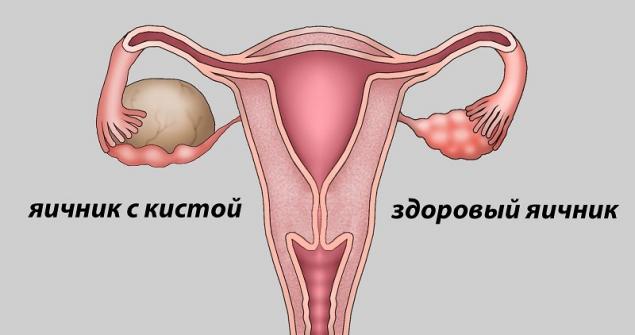
- The doctor prescribes from 10 to 15 drugs at the same time
It is worth wary if the gynecologist suddenly took up the treatment of the patient so zealously. It is important to understand that for the treatment of gynecological diseases do not need immunomodulators, vitamins, dietary supplements, hepatoprotectors, as well as means to restore the flora of the intestine and vagina. The feasibility of such treatment is very questionable. In modern medicine, it is possible to predict how two, maximum three drugs will interact in the human body. If there are more, it is not known what the effect will be.
Also, doctors often prescribe several potent antibiotics for the treatment of infections, although one such drug can successfully treat inflammation.
- The doctor insists on removing uterine fibroids
Often, doctors suggest that their patients remove uterine fibroids purely because of their conservativeness or professional incompetence. They often insist on the full. removal. But such a decision can be rash, because this disease is now successfully treatable: there is a proven method - embolization of the uterine arteries. Removal of the uterus due to fibroids is necessary only in the extreme case: when its size is very large due to "stuffing" neoplasms.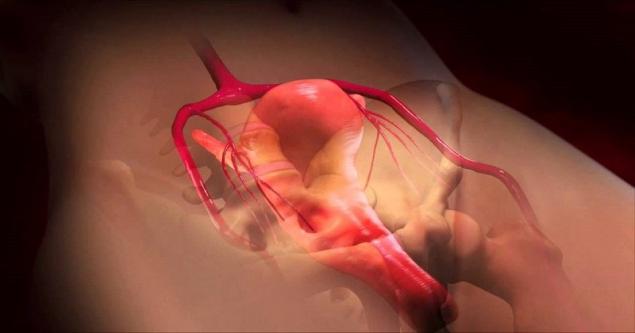
- Treating adenomyosis without a good reason
Often this diagnosis gynecologists put women after a routine examination or ultrasound. At the same time, the patient may not have any symptoms of the disease: heavy and painful menstruation with blood clots, unpleasant sensations during sexual intercourse. The diagnosis does not indicate that it is urgent to take treatment. In most cases, adenomyosis requires only preventive measures.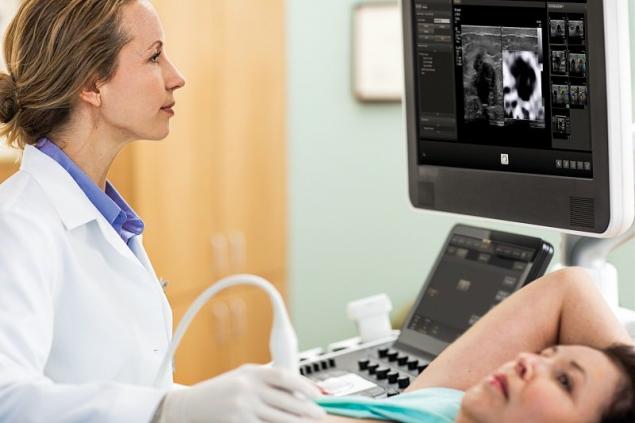
This article does not call for refusal of medical care, it only serves as a reminder that it is necessary to critically evaluate the treatment prescribed by a specialist. Women's health to you!
The terrible truth about the movie "The Secret"! Totalitarian sect: This is why his ideas are so popular.
How to do yoga for the back

































